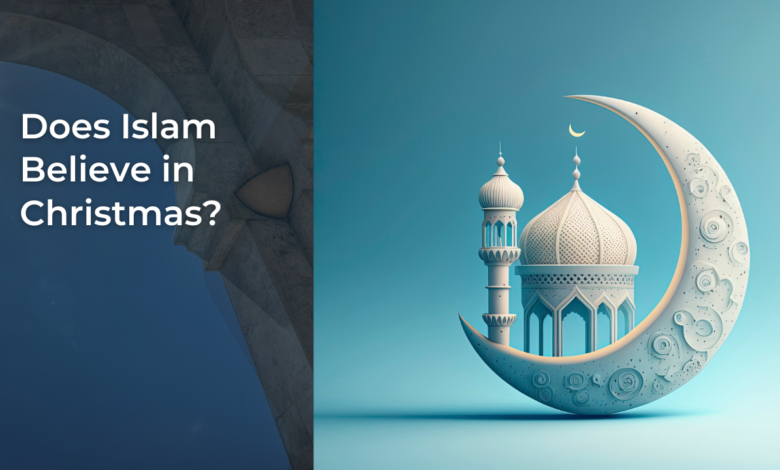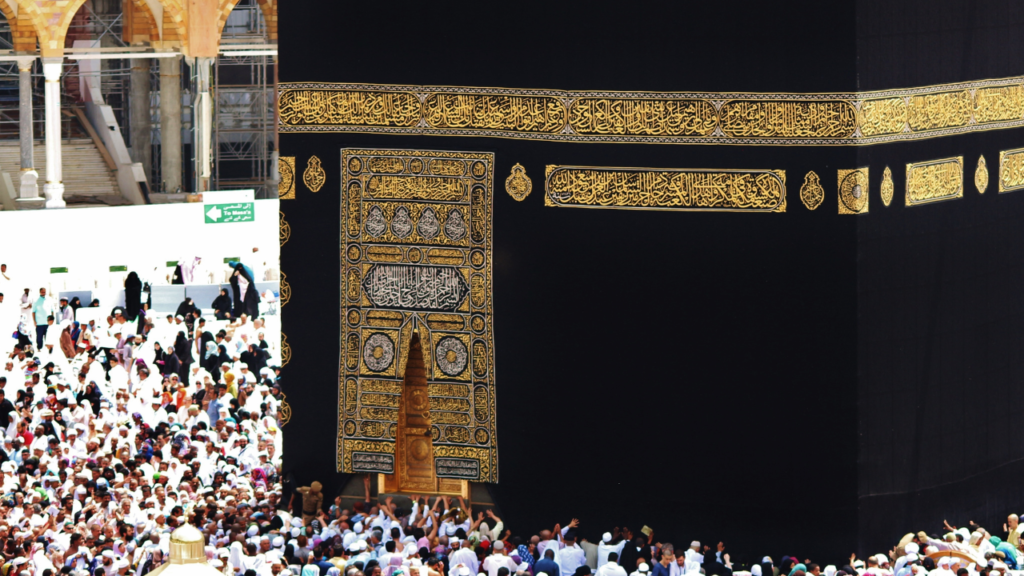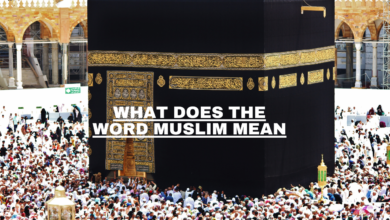Does Islam Believe in Christmas?
Navigating Christmas: Islam's Perspective and Interfaith Connections

Does Islam Believe in Christmas?
No, Islam does not celebrate Christmas as a religious holiday, as it is fundamentally a Christian celebration of the birth of Jesus Christ. However, some Muslims may partake in cultural or secular aspects of Christmas, such as exchanging gifts or participating in festive gatherings.

Introduction
Christmas is one of the most widely celebrated holidays around the world, observed by billions of people each year. However, it’s essential to understand that Christmas is a Christian holiday, commemorating the birth of Jesus Christ. Given that Islam is another major world religion, it’s natural for people to wonder how Muslims view and engage with Christmas. In this article, we will explore the Islamic perspective on Christmas and how Muslims around the world interact with this holiday.
The Birth of Jesus in Islam
In Islam, Jesus (known as Isa in Arabic) holds a special place as one of the major prophets, just like Abraham, Moses, and Muhammad. The Quran, the holy book of Islam, has several verses that mention the birth of Jesus and his mother, Mary (known as Maryam in Arabic). These verses can be found in chapters 3 (Aali ‘Imran) and 19 (Maryam) of the Quran. In these verses, Jesus is referred to as a miraculous birth, as Mary conceived him without a human father.
However, while Islam acknowledges the significance of Jesus in the prophetic tradition, it diverges from Christian beliefs regarding his divinity. Muslims believe that Jesus is a prophet and not the Son of God or a divine figure.
Also check.
- What is Islam and Iman?
- What is Indo Islamic Culture?
- What is in Heaven Islam?
- When did Sunni Islam Start?
- What does Jihad Mean?
How Do Muslims View Christmas?
- Respect for Religious Diversity: Muslims, like followers of other religions, often respect the religious holidays and beliefs of others. This includes recognizing Christmas as a significant religious event for Christians and respecting their traditions.
- Cultural and Secular Celebrations: In many parts of the world where Muslims live alongside people of various faiths, Christmas has taken on a more secular or cultural significance. Muslims might participate in the festivities by giving and receiving gifts, enjoying festive decorations, and even attending Christmas parties.
- Interfaith Dialogue: Interfaith dialogue is an essential part of promoting understanding and cooperation among people of different faiths. In this context, Muslims may engage in conversations with their Christian neighbors or colleagues about the meaning and significance of Christmas, deepening their understanding of each other’s traditions.
- Volunteering and Acts of Kindness: Christmas is also a time when many people focus on acts of charity and kindness. Muslims, inspired by the values of compassion and helping others in Islam, may engage in volunteering or charitable activities during the Christmas season.
- Avoidance of Religious Confusion: While Muslims may participate in the cultural aspects of Christmas, they are generally cautious not to engage in activities that could create religious confusion, such as celebrating the religious aspects of Christmas. This includes refraining from participating in church services or engaging in practices that are specific to Christian religious rituals.
Conclusion
In Islam, Christmas is viewed with a respectful and understanding perspective. Muslims acknowledge the religious significance of the holiday for Christians while also respecting the diversity of beliefs. The birth of Jesus is a recognized event in Islamic tradition, albeit with differing theological interpretations from those of Christianity. Muslims often engage in the secular and cultural aspects of Christmas, participate in interfaith dialogue, and focus on acts of kindness and charity during the holiday season. It’s essential to recognize and celebrate our religious diversity while fostering mutual respect and understanding among different faith communities.

FAQs
Does Islam celebrate Christmas?
No, Islam does not celebrate Christmas as a religious holiday, as it is fundamentally a Christian celebration of the birth of Jesus Christ. However, some Muslims may partake in cultural or secular aspects of Christmas, such as exchanging gifts or participating in festive gatherings.
What is the Islamic view of Jesus and his birth?
In Islam, Jesus (Isa in Arabic) is regarded as one of the major prophets, and his miraculous birth to the Virgin Mary (Maryam) is acknowledged in the Quran. However, Islamic beliefs about Jesus differ from Christian beliefs, as Muslims do not consider him to be divine or the Son of God.
Can Muslims wish “Merry Christmas” to their Christian friends?
Yes, Muslims can wish their Christian friends “Merry Christmas” as a gesture of goodwill and respect for their celebrations. It is a way of acknowledging and appreciating the religious significance of the holiday for Christians.
Are Muslims allowed to attend Christmas events or church services?
While there is no strict Islamic prohibition against attending Christmas events or church services, it is generally discouraged if it involves engaging in religious practices or rituals specific to Christianity. Muslims should avoid activities that could lead to religious confusion or compromise their own beliefs.
How do Muslims typically engage with Christmas in multicultural societies?
In multicultural societies, Muslims may participate in the cultural and secular aspects of Christmas, such as exchanging gifts, enjoying festive decorations, and attending holiday parties. They may also use the occasion to engage in interfaith dialogue and emphasize acts of kindness and charity.
What is the role of interfaith dialogue in understanding Christmas from an Islamic perspective?
Interfaith dialogue allows Muslims to learn more about the significance of Christmas for Christians and fosters better understanding between people of different faiths. It promotes respect and cooperation while highlighting the diversity of religious traditions.
Are there any Islamic holidays that coincide with Christmas?
No, there are no Islamic holidays that directly coincide with Christmas. The two religions have separate religious calendars, and their respective holidays are based on different lunar and solar calculations.




